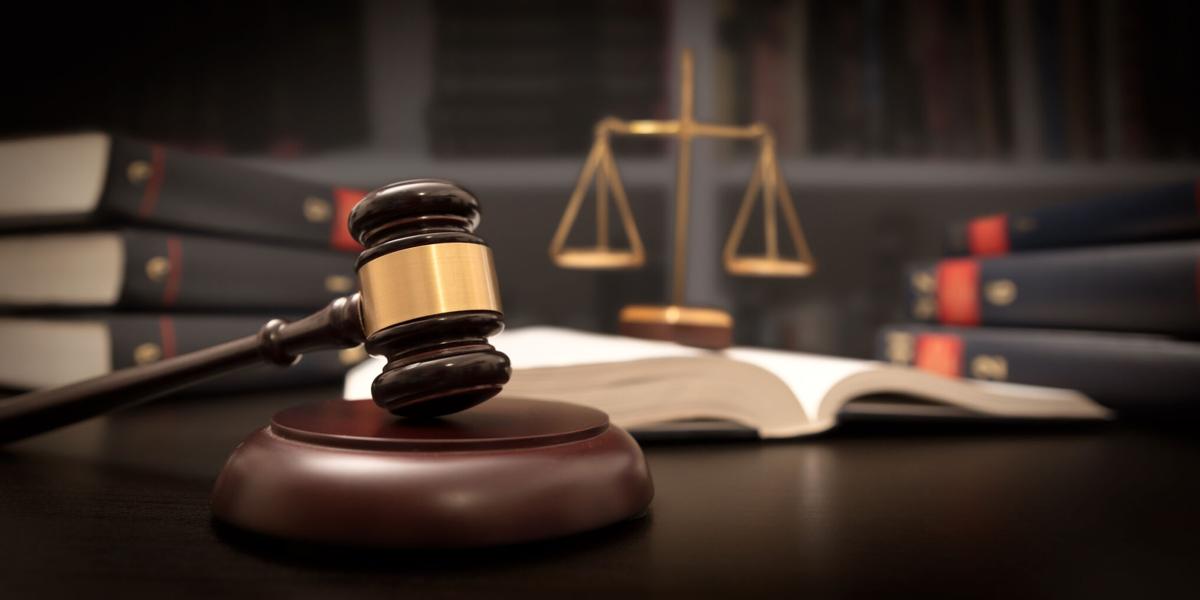Arizonans have no legal right to know the names of jurors deciding criminal cases, the state Supreme Court ruled Tuesday.
The court rejected arguments by the publisher of the Cochise County Record that there is a First Amendment right of the public to know not only who is sitting on the panel but also those being considered to serve. Publisher David Morgan, supported by The Reporters Committee for Freedom of the Press, argued that the names of jurors and prospective jurors have historically been open to the press and the general public.
Justice Ann Scott Timmer did not deny that has been true, both in Arizona and other states.
In fact, she noted that judges always have been able to decide on a case-by-case basis to make juror names public. What Morgan was seeking is a requirement that they do so in each case.
The justices declined to go that far.
Timmer said there are potential negative effects of jurors having their names available for publication.
She rejected claims that denying the information interferes with the ability of the public to ensure trials are conducted fairly.
“Anyone can sit in the courtroom during a criminal trial and observe the juror screening process, including voir dire examinations,’’ she said, referring to the part of the process where prospective jurors are questioned by attorneys about their backgrounds and potential biases.
“Accessing jurors’ names would not significantly add to the public’s ability to assure itself that voir dire is fairly conducted or to check the courts in disregarding established standards for jury selection,’’ she said.
Morgan said Tuesday’s decision was not a total loss, noting that judges in Arizona remain free to make juror names public. In fact, Timmer said if a court denies access “a best practice would be to explain its reasoning on the record.’’
He also pointed out that nothing in the ruling precludes jurors — those selected for trial and those who were not seated — from publicly revealing their own names.
Morgan said he is weighing whether to take the issue to federal court.
The case stems from two criminal trials in Cochise County where the judges use an “innominate’’ jury, meaning one where jurors are publicly identified only by number but whose names are provided to the parties.
In both cases, the public was permitted to attend jury selection and the trials. But the judges refused the request by Morgan and Terri Jo Neff, who was writing for Arizona Independent, to disclose the names publicly.
Evan Steele, representing Morgan, told the justices that having a name allows the public or the media to reach out to jurors for interviews.
But Justice William Montgomery pointed out during arguments in April there is no right to conduct such interviews.
Steele also said there is a particular need for this kind of openness in criminal cases. He said that interest goes beyond that of the defendant in getting a fair trial and the victim’s interests in the outcome.
“The public has an interest, and a recognized interest, according to the (U.S.) Supreme Court, in seeing justice done,’’ said.
Timmer acknowledged that other courts, presented with the same question, have concluded there is a legitimate reason to make public the names of prospective jurors.
For example, she said, it could deter them from misrepresenting their answers during the questioning process and even permit observers to do their own investigation to determine if those answers were accurate. And it also could ensure that the pool of prospective jurors reflects the makeup of the community.
But Timmer said she and her colleagues do not see that as a legitimate role for the public in Arizona.
“The public’s role in voir dire is as an observer, not as a participant charged with selecting a fair jury,’’ she said. “The judge and the parties are charged with that responsibility. They are provided prospective jurors’ names and are highly motivated to safeguard the integrity of the process, ensure the jury pool is drawn from a fair cross-section of the community, and unearth any information demonstrating juror bias.’’
She also doubted whether providing names would cause prospective jurors to be more forthcoming during the questioning process.
“It is just as likely that such access would motivate them to be less than forthcoming to avoid public embarrassment about very sensitive matters, like disabilities, medications and past experiences as crime victims,’’ Timmer said.
She said there are other privacy concerns.
“In this internet age, where jurors’ names can trigger lightning-fast access to a wealth of biographical information, including addresses, any slightly positive role in divulging jurors’ names to the public is outweighed by the risk to jury integrity,’’ Timmer wrote.





